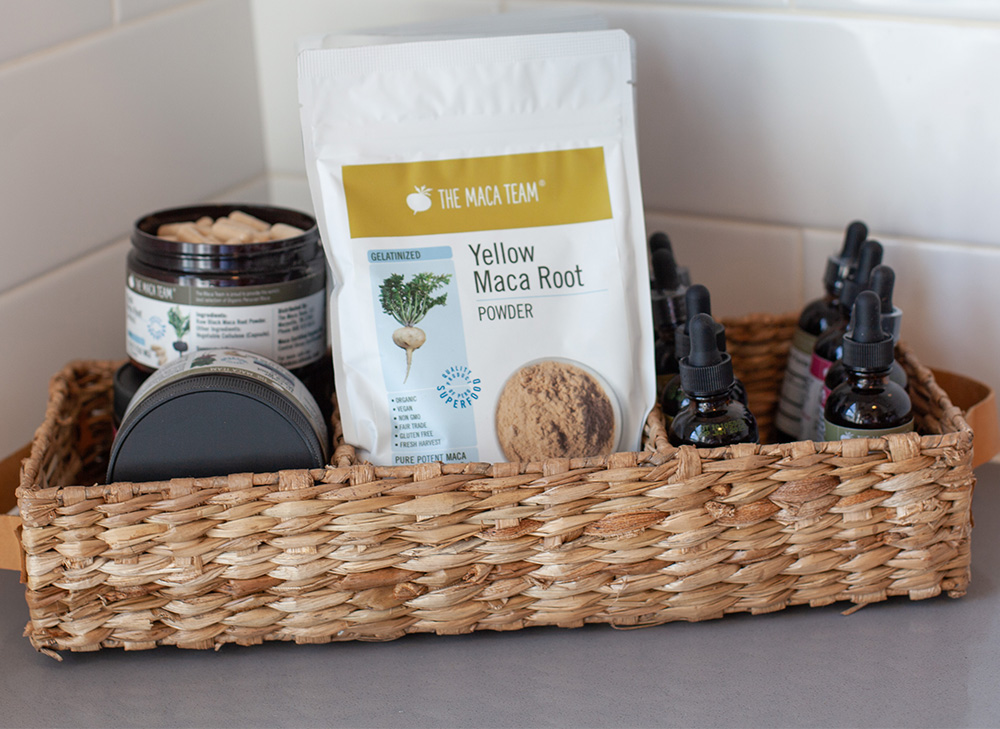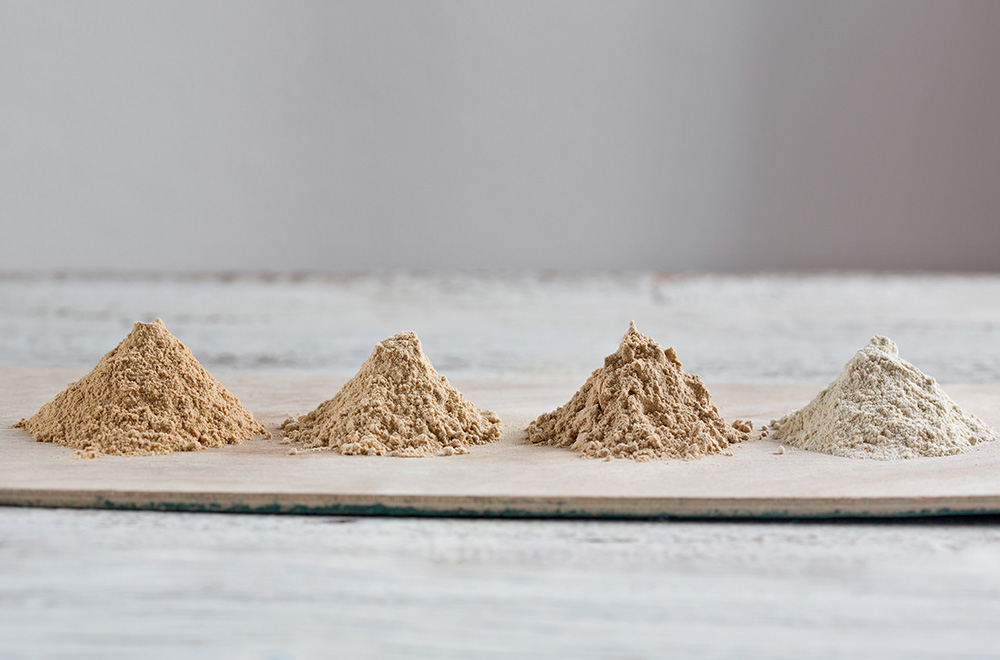Is Gelatinized Maca Vegan
Introduction
The popularity of maca root products outside of Peru has grown significantly over the past 2 decades. With that popularity more and more people are exposed to the term “gelatinized” maca. For most, it’s an unfamiliar term that evokes the term “gelatin.” For vegans and vegetarians, it begs the question if gelatinized maca is suitable for a plant-based diet. In this article we’ll take a deeper look at gelatinized maca and answer the question, “is gelatinized maca vegan” in a definitive way.
are exposed to the term “gelatinized” maca. For most, it’s an unfamiliar term that evokes the term “gelatin.” For vegans and vegetarians, it begs the question if gelatinized maca is suitable for a plant-based diet. In this article we’ll take a deeper look at gelatinized maca and answer the question, “is gelatinized maca vegan” in a definitive way.
What Is Gelatinized Maca Anyway?
Gelatinized maca powder is a popular form of maca root powder made from whole maca roots. It is different from “raw” maca in a couple of important ways. First, raw maca products are made from maca roots that have never been heated during processing. Gelatinized maca products on the other hand are made from maca roots that are exposed to temperatures of about 160-180 F / 71-82 C. Second, raw maca products are a 1:1 product, meaning that it takes about 1 kg of maca roots to produce 1 kg of maca powder. Gelatinized maca on the other hand is about a 4:1 product, meaning it takes about 4 kg of maca roots to produce the same amount of powder. This is because the heating process during gelatinization helps dissolve and remove the starch content in maca roots.
Does Gelatinized Maca Contain Gelatin?
The process of making gelatinized maca does not involve gelatin in any way. There is no gelatin in gelatinized maca.
Why Is Gelatinized Maca Called “Gelatinized?”
This is an excellent question. The process gets its name from the gel-like substance that is left behind when starches are dissolved in the presence of heat and water. Sometimes this process is used in baking to produce thick gelatin-like substances. Examples include using corn starch to thicken a gravy and using rice gelatin to thicken a dessert sauce.
Other Considerations
While gelatinized maca powder contains no animal products and is generally suitable for vegans and vegetarians, there are a few further considerations to bear in mind.
- Gelatinized maca capsules: Some gelatinized maca products come in capsules made from gelatin, which is derived from animal collagen. These capsules render the product non-vegan. Look for vegan alternatives such as vegetable-based capsules or opt for powdered form instead. At The Maca Team all of our maca capsules are made with vegan friendly vegetable cellulose.
- Additives and Fillers: Some manufacturers may include additives or fillers in their gelatinized maca products. These can range from harmless plant-based ingredients to potential animal-derived components. Always check the label or contact the manufacturer for clarity. We at The Maca Team only sell 100% pure maca with no additives at all.
- Cross-Contamination: Depending on the manufacturing process, there might be a risk of cross-contamination with non-vegan substances. Our maca products are processed in a facility exclusively dedicated to maca, so there is no cross-contamination.
What Types of Gelatinized Maca Are There?
Gelatinized maca comes in a variety of forms. We offer it in maca powder, maca capsule and whole maca root chip forms. Beyond that, we offer each of the major colors of maca root, red, black and yellow along with a tri-color blend in gelatinized form. Finally, you can choose between premium and standard gelatinized maca products. The premium products undergo special fast processing that leaves more of certain nutrients including glucosinolates in the final product.
Is Gelatinized Maca Better?
There are several advantages to using gelatinized over raw maca. First, a gelatinized product is easier to digest since the starch content has been removed. Second, some nutrients, including macaenes and macamides (unique to maca) are slightly more concentrated than in raw maca. Third, the taste of gelatinized maca powder is typically more mild. 
The major disadvantage to using gelatinized maca over raw maca is that the heat used in processing it destroys all Vitamin C content as well as maca’s natural enzymes.
Read our complete article on raw vs. gelatinized maca.
Final Words
If you are a vegan or vegetarian in search of high-quality plant nutrition, gelatinized maca is entirely suitable for you. Just make sure that if you take maca in capsule form, the capsules themselves are made with vegetable cellulose instead of animal derived gelatin. Also, if you choose a company other than The Maca Team, make sure to ask if their products contain any additives and/or are processed in a facility that also handles animal products.
Enjoy the day!
![]()
